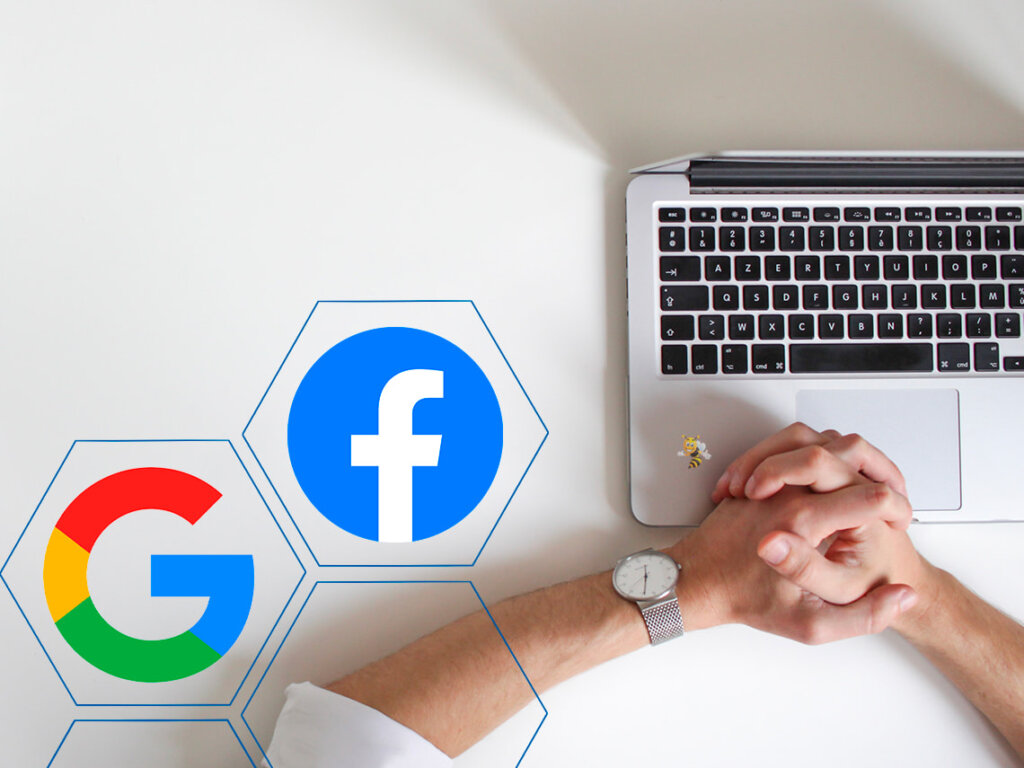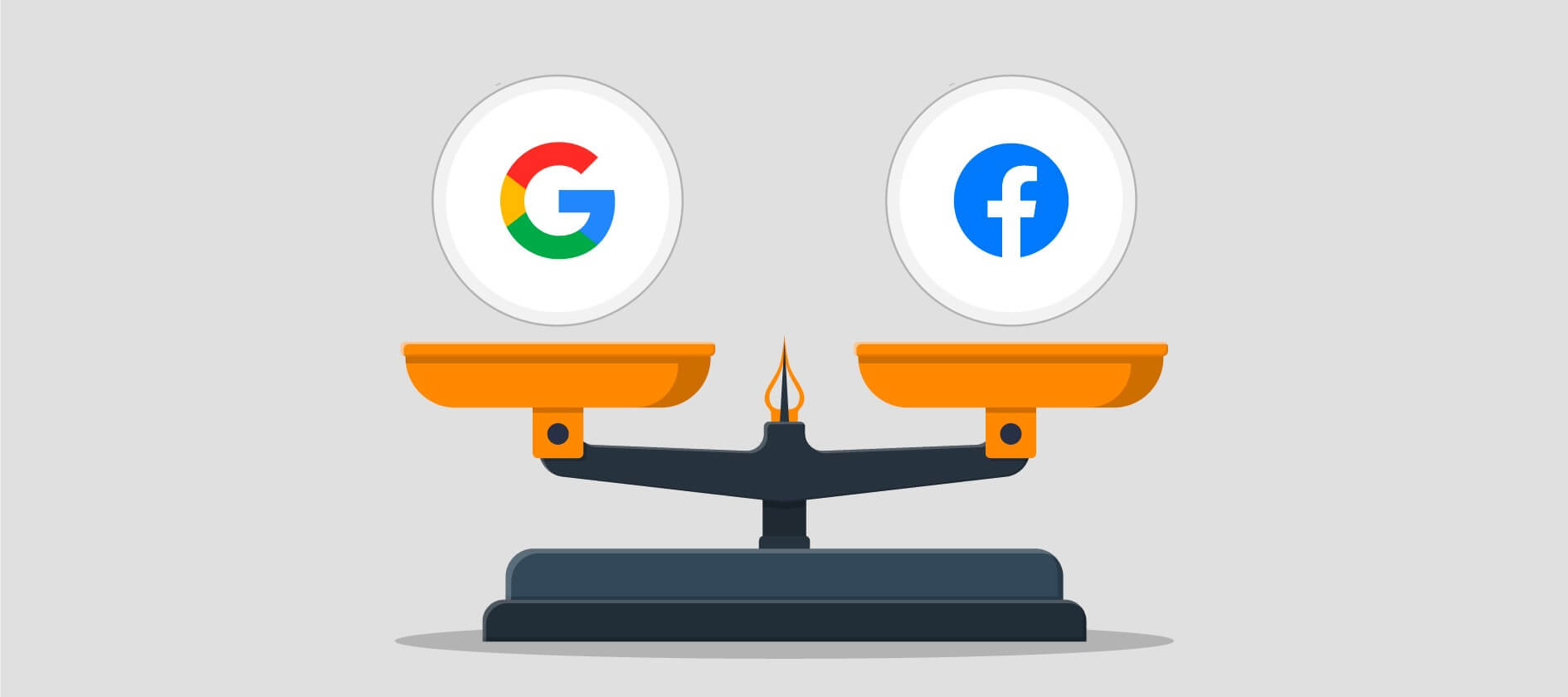In today’s digital age, businesses in Australia have a wide variety of options for promoting their products and services online. Two of the most prominent platforms in the digital advertising area are Google Ads and Meta Ads. While both platforms offer unique advantages, the challenge lies in choosing the one that aligns best with your business’s objectives. In this blog post, we’ll delve into the nuances of Google Ads and Meta Ads, equipping you with the insights needed to make an informed choice.
Google Ads and Facebook Advertising: How They Operate
Google Ads, formerly known as Google Ads, operates on a pay-per-click (PPC) model where businesses bid on keywords to have their ads featured on Google’s search engine results pages. The cost per click depends on keyword competition, meaning that highly competitive keywords can drive up the price.
On the other hand, Meta ads, formerly known as Facebook Ads, takes a different approach. It allows businesses to create campaigns targeting specific demographics or interest groups, placing ads in users’ news feeds and other platform areas. Typically, the cost per click on Facebook is lower than on Google Ads, and businesses can craft ads tailored to precise audience segments.
When to Leverage Facebook Ads vs. Google Ads
The choice between these platforms hinges on your business’s nature and target audience. If your product or service is niche or lacks broad search visibility, Facebook Advertising could be the way to go. It’s particularly effective for visually appealing industries such as fashion, beauty, or home décor.
Take Nike’s ‘Just Do It’ campaign as an example. By utilizing Facebook Ads, Nike featured athletes from around the world in short videos, creating a viral sensation with over 10 million views in just 24 hours.
Conversely, if you run a local business with a limited budget or offer services that people actively search for, Google Ads might be your best bet. This platform excels at connecting you with individuals actively seeking your services. For instance, a local pizzeria can display targeted ads in Google search results for phrases like “pizza near me.”
Pricing and Performance Data: Google Ads vs. Facebook Ads
Cost considerations often play a pivotal role in the decision-making process. Google Ads tends to be more expensive, but it can yield higher conversion rates. On average, a click on Google Ads costs around $2.69, while Facebook’s cost per click can vary from $0.25 to $15.
When it comes to performance, Google Ads boasts higher click-through rates (CTRs) and conversion rates, with a 1.91% CTR compared to Facebook’s 0.90%. The average conversion rate for Google Ads is approximately 8.62%, while Facebook’s hovers around 2.07%.
Keep in mind that these pricing and performance metrics can vary based on your target audience and campaign type. Effective targeting and optimization can lead to successful outcomes on either platform.
Ease of Use: Facebook Ads vs. Google Ads
Both platforms offer user-friendly interfaces for ad creation and management. However, Facebook Advertising may be more accessible to businesses with limited marketing experience due to its straightforward targeting and creative design options.
Conversely, Google Ads requires a deeper understanding of marketing concepts for effective operation. It provides greater control over ad placement and targeting, making it a preferred choice for experienced marketers. Google Ads also offers detailed campaign insights, enabling more precise optimization.
Ultimately, your choice should align with your marketing expertise and preferences. If you’re new to digital advertising or seek simplicity, Facebook Ads is a great starting point. Meanwhile, if you’re experienced and desire more control, Google Ads could be your preferred platform.

In Conclusion
In the end, the selection between Google Ads and Facebook Advertising rests on your business’s unique characteristics and target audience. Google Ads excels when there’s a direct call-to-action and people are actively searching for your offerings. Conversely, Facebook Ads shine for businesses with a visual appeal or a niche market.
Consider pricing, performance data, ease of use, and your marketing experience when making your decision. Remember, experimentation and continuous optimization are key to achieving success on either platform. Digital advertising offers a powerful means of reaching your audience, generating leads, and boosting sales – it’s all about finding the right fit for your business.
Need expert advice on what digital digital advertising platform your business would be most profitable from? Get in touch with our team at AdVisible!





